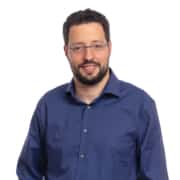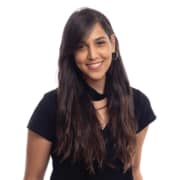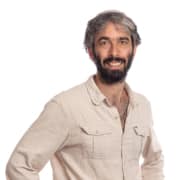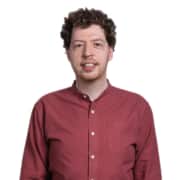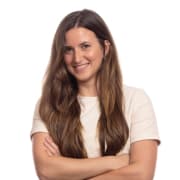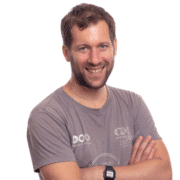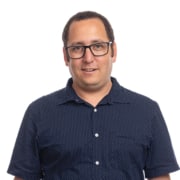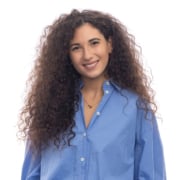Dr. Paul B. Sharp is a cognitive scientist whose research investigates how we plan and why we worry. To do so, he develops models of how people determine when and what to plan for, which allows him to test the specific ways chronic worriers over-plan for potential threats. Paul hopes this program of research will explain core mechanisms of human intelligence and the precise ways that planning gives rise to anxiety.
Paul hopes to explain core mechanisms of human intelligence and the precise ways that planning gives rise to anxiety.
Paul received a BA in psychology from Temple University’s Honors Program and a PhD from the University of North Carolina at Chapel Hill. He was a postdoctoral researcher at University College London, The Hebrew University of Jerusalem, and Yale University. Paul is from Philadelphia, Pennsylvania, and currently resides in Ramat Gan. He has volunteered at the Children’s Hospital of Philadelphia and as mentor for Científico Latino. Paul enjoys tennis, basketball, and searching for the best cortado at local coffee shops.

